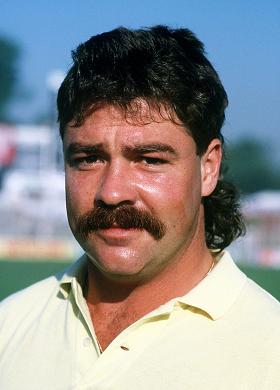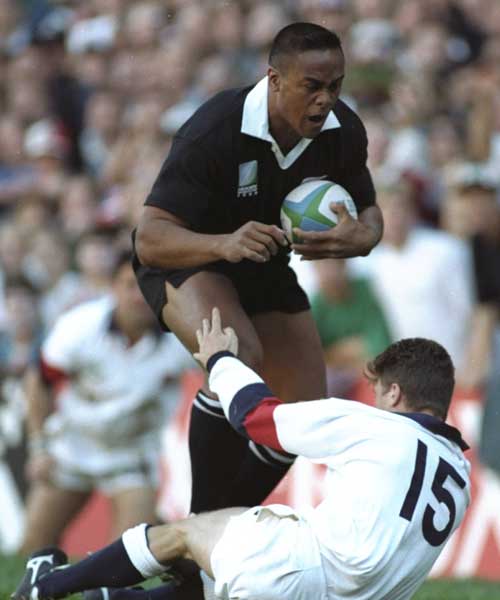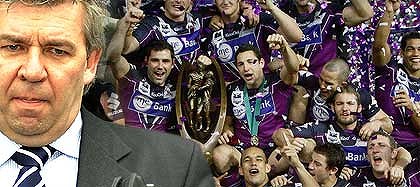“Blood doping is a logical outcome of a sport where people push themselves to death for the enjoyment of fans and benefit of sponsors. Of the seventy top ten finishers in Armstrong’s seven Tour De France victories, forty-one have tested positive for PEDS. [Preformance Enhancing Drugs]”[1]
Joel Cosgrove

Within any discussion of modern day sport, the question of drugs comes up repeatedly. It is difficult to really get beyond the initial discussion: for, against, or on-the-fence, in regards to either the problem or the solution.
The reality is that since ancient times, strategies and theories have been developed in order to get an edge. While using magic mushrooms or whisky as performance enhancing aids might seem comical to the modern reader, they form part of a process that has led to academic Tony Schirato to describe as “…replacing this [pre-modern sport with] a level of professionalism, specialization, bureaucratization, and secularism never before seen in sport”.[2]Like every other part of human existence, capitalism has fundamentally changed the way we see organised sport.
Continue reading “Drugs in Organised Sport”



